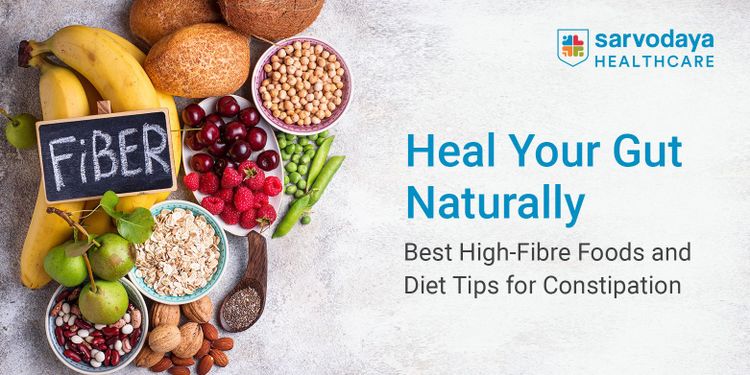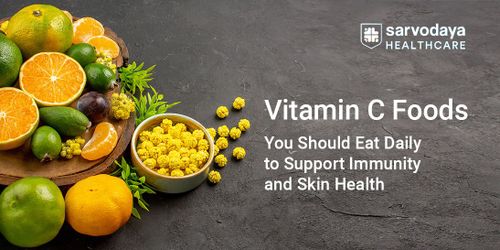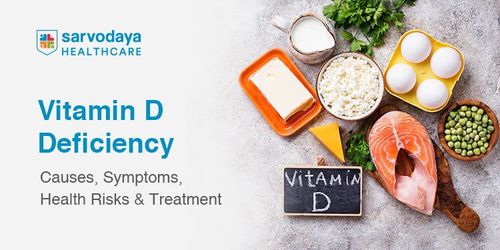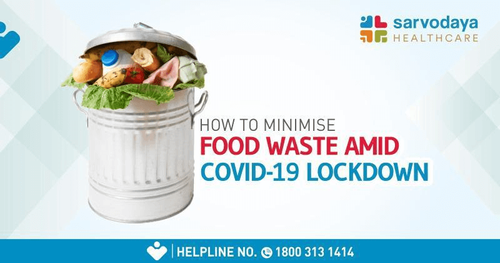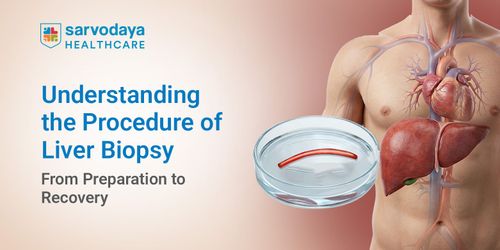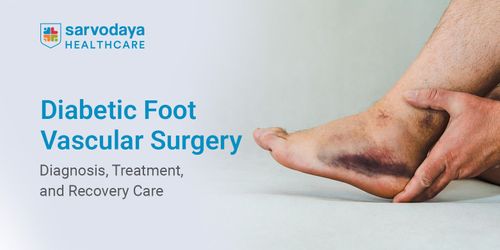Constipation is one of the most common digestive concerns today and affects people across all age groups. When bowel movements become infrequent, hard or painful, it can interfere with daily life and overall well-being. This is where adding the highest fibre foods and building a balanced daily eating pattern becomes an effective and natural solution.
In this blog, we explore how the right diet can transform your digestive health.
Understanding Fibre and Its Role in Digestion
Fibre is one of the most powerful nutrients for maintaining a healthy digestive system. It supports bowel regularity, improves stool texture and keeps the gut functioning smoothly. There are two primary forms of dietary fibre, each playing a different role in easing constipation and promoting digestive comfort:
- Soluble Fibre: This type dissolves in water and turns into a gel-like substance. It helps soften stool and supports smoother bowel movement. Foods such as oats, apples and pulses are rich in soluble fibre.
- Insoluble Fibre: This type adds bulk to stool and helps it pass through the intestines more efficiently. Whole grains, vegetables and seeds are rich in insoluble fibre.
Signs That Your Diet Lacks Adequate Fibre
A body low in fibre begins to show certain predictable symptoms.
Here are the most common indicators of low fibre intake:
- Infrequent Bowel Movements: You may pass stool fewer than three times a week or experience difficulty during each visit to the washroom.
- Hard or Dry Stool: Lack of hydration and poor fibre intake can make stool firm, dry and painful to pass.
- Persistent Bloating or Abdominal Discomfort: When stool moves slowly through the digestive tract, it leads to gas build-up and bloating.
- A Constant Feeling of Heaviness: Irregular bowel movements can make you feel sluggish and low on energy.
- Constipation Caused by High-Protein Meals: Those who depend heavily on high-protein diet foods may face constipation because protein-based meals often lack fruits, whole grains and vegetables.
Recognising these symptoms early allows you to modify your diet before discomfort intensifies. This is when a guided plan, a personalised food chart or a consultation with a dietitian in Faridabad can make a significant difference.
High Fibre Foods Chart for Constipation
Below is a quick overview of some of the most beneficial high-fibre foods grouped by category:
1. Fruits- Pears
- Apples with skin
- Bananas
- Oranges
- Guavas
- Carrots
- Broccoli
- Green peas
- Spinach
- Sweet potatoes
- Oats
- Brown rice
- Barley
- Whole wheat chapati
- Millets such as jowar or bajra
- Lentils
- Kidney beans
- Chickpeas
- Black beans
- Green gram
- Chia seeds
- Flaxseeds
- Almonds
- Walnuts
- Sunflower seeds
Detailed Overview of the Best High-Fibre Foods for Constipation
Many of the highest-fibre foods work by softening stool, increasing bulk or feeding healthy gut bacteria.
Below are some of the most powerful high-fibre foods to improve bowel movements:
- Chia Seeds: These tiny seeds are among the richest sources of fibre. When soaked, they expand and help soften stool, making bowel movements easier.
- Lentils: Lentils are excellent for digestion, as they combine fibre, plant protein and essential nutrients. They help increase stool bulk and support regularity.
- Oats: Oats are rich in soluble fibre that forms a gel-like texture in the gut, bringing relief from hard stools.
- Apples and Pears: These fruits contain natural sugars and soluble fibre that help draw water into the intestine and accelerate digestion.
- Flaxseeds: Ground flaxseeds are gentle on the gut and support smoother bowel movements due to their natural oils and fibre content.
- Chickpeas and Kidney Beans: These fibre-dense legumes improve stool texture and help maintain gut motility.
If you struggle to decide how much fibre your body requires each day, consulting a diet specialist in Faridabad can help you create a plan that supports both digestion and long-term health.
Digestive-Friendly, Fibre-Rich Drinks
Along with solid foods, certain drinks are naturally rich in fibre and help the digestive system run smoothly.
Here are drinks that can naturally boost fibre intake and support healthy bowel movement:
- Prune Juice: Known for its natural laxative effect, prune juice is among the best answers to the question of what drink is high in fibre.
- Chia Water: Soaked chia seeds release fibre and gel-like compounds that soften stool and help relieve constipation.
- Barley Water: Barley contains both soluble and insoluble fibre, making this drink ideal for promoting digestion.
- Bael Juice: A traditional remedy in many Indian households, bael is rich in natural fibre and can ease constipation.
- Vegetable Smoothies: Blends containing spinach, carrots, and celery help increase daily fibre intake, especially for those who do not enjoy eating raw vegetables.
Additional Dietary and Lifestyle Tips to Manage Constipation
Constipation often improves when the diet, hydration and mobility work together in harmony.
Below are supportive habits that enhance the benefits of high-fibre foods:
- Increase Daily Water Intake: Fibre needs water to work effectively. Aim for adequate hydration throughout the day to prevent dry stools.
- Limit Processed and Packaged Foods: Highly processed foods lack fibre and may worsen constipation by slowing digestion.
- Balance Fibre with Protein: People who frequently consume high-protein diet foods should add vegetables, salads, fruits and whole grains to prevent constipation.
- Add Probiotics: Items such as curd, buttermilk and fermented foods help support healthy gut bacteria.
- Stay Physically Active: Even a short daily walk can stimulate bowel movements and ease digestive discomfort.
- Increase Fibre Gradually: Introducing too much fibre too quickly may cause bloating. Begin with small portions and increase gradually.
Conclusion
A fibre-rich diet is one of the most effective and natural ways to maintain a healthy digestive system and prevent constipation. By making small but consistent changes to daily meals and incorporating the high-fibre foods chart for constipation, you can support regular bowel movements, enhance gut comfort and restore overall wellbeing.
Sarvodaya Hospital, Faridabad, offers comprehensive support for those struggling with constipation or digestive issues. With access to experienced nutritionists and specialised gastrointestinal care, the team helps you understand your digestive patterns and incorporate the highest-fibre foods safely and effectively. Their personalised approach ensures that every patient receives dietary guidance tailored to their medical needs and lifestyle.
To take the next step towards better health, speak to a specialist, seek guidance and book an appointment now.


